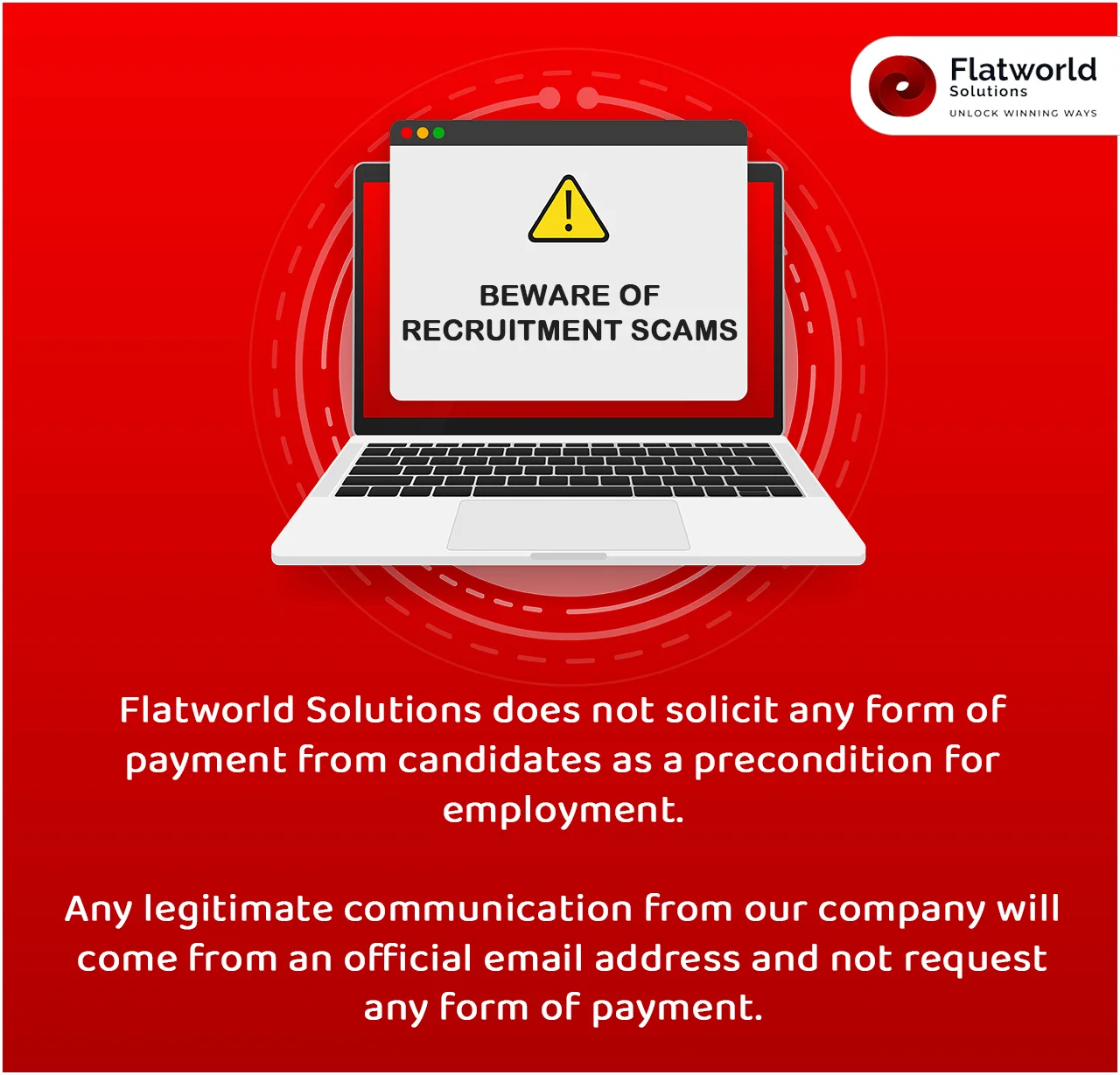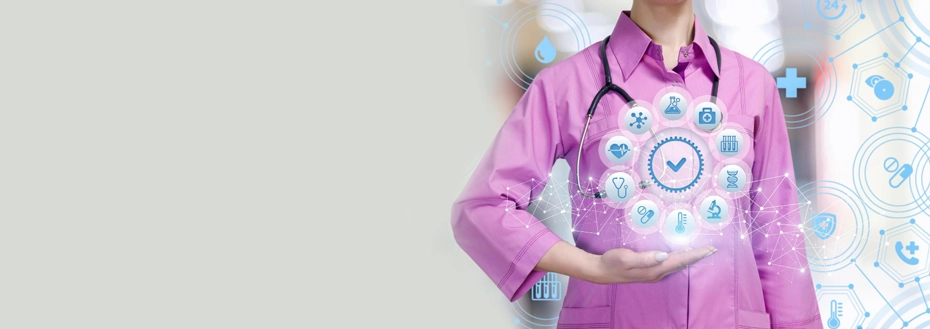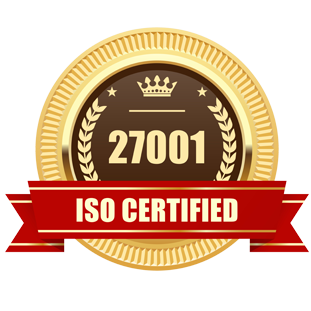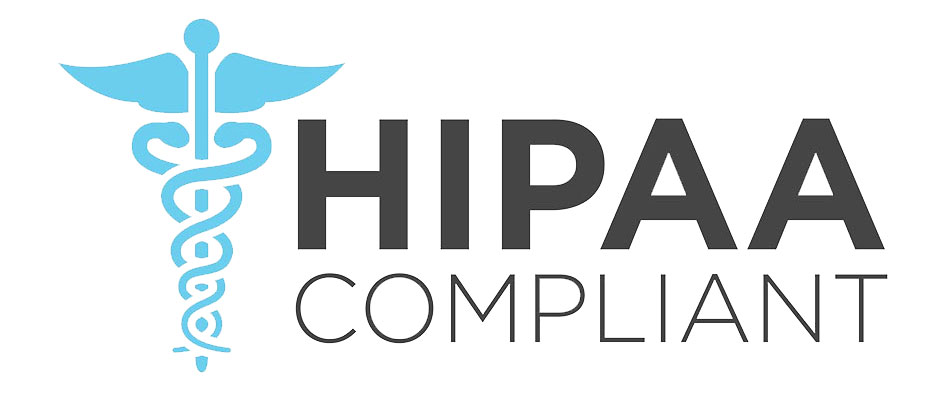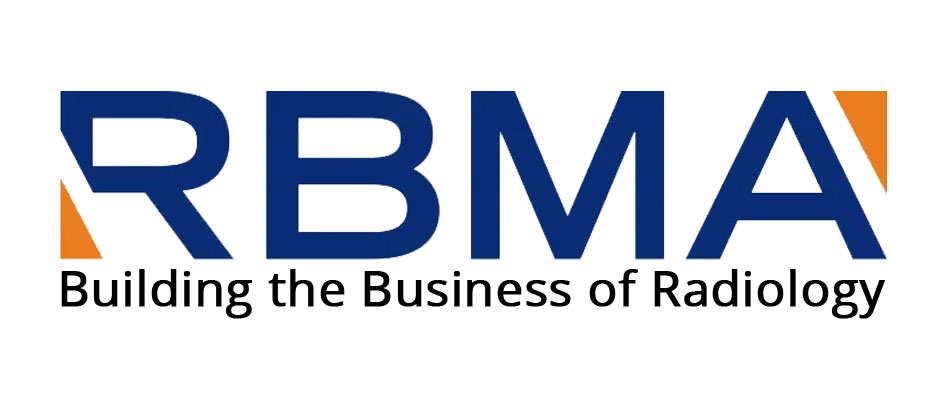How to ensure that your doctors always have the necessary supplies on time to provide efficient care? Where does the vast web of medical supplies originate and how do they find their way to exact locations when needed? All these seemingly logistical feats are steered by a largely unsung hero: the healthcare supply chain. Beneath the effortless appearance lies a complex labyrinth of hurdles that can challenge even the most expert navigators.
The healthcare industry is a complex platform that thrives on efficiency and accuracy. Central to its operations is the healthcare supply chain that ensures medical supplies, devices, drugs, and services are made available to healthcare providers and patients effectively and in a timely manner. Despite the crucial role of the supply chain in healthcare, numerous challenging issues pose significant obstacles to its smooth functioning. In this comprehensive blog post, we're set to embark on an exciting voyage - dissecting these imposing obstacles and charting a clear course to overcome them.
The Fundamental Pillars of the Supply Chain
The supply chain, at its most elemental level, acts as the operational core of any industry, forging connections across a wide spectrum of stakeholders. In the context of healthcare, the role of the supply chain transcends conventional boundaries, evolving into a critical lifeline.
-
Transmutation of Materials

Orchestrates a sophisticated ensemble of various entities, methodologies, and assets, facilitating the transformation of raw materials into consumable finished goods.
-
Strategic Dispatch and Delivery

Ensures not only the physical creation of products but also their strategic dispatch and delivery to the intended consumer base.
-
Bridging Development and Provision

Functions to bridge the divide between medical product development and healthcare provision.
-
Reliable Flow of Supplies

Ensures an agile, uninterrupted flow of essential medical supplies and services to their final destination - the patient—with precision and punctuality.
-
Patient Care Services

Measured not merely in terms of logistical success but in its capacity to feed the continuously evolving ecosystem of patient care services.
-
Operational Excellence

Stands as an emblem of operational excellence, enabling healthcare institutions to uphold their solemn pledge of delivering superior patient care, fortified by the assurance of having the right medical supplies whenever and wherever they are needed most.
The Role of the Supply Chain in Healthcare Industry
Within the dynamic and critical realm of the healthcare industry, the supply chain emerges as the silent powerhouse, ensuring the seamless transition of products from conception to delivery. This intricate ballet of logistics and coordination resembles a finely tuned orchestra, where every participant, from suppliers to healthcare professionals, plays a critical yet synchronized part in the harmonious delivery of patient care.
-
Relay Race of Resources
At the heart of this logistical marvel lies a cyclical process reminiscent of a relay race, where the baton of raw materials is deftly passed through the hands of multiple stakeholders. These entities rigorously collaborate to transform these materials into lifesaving medical products, which are then skillfully channeled to caregivers and patients, meeting their critical needs with precision and timeliness.
-
Pivotal Stages of the Supply Chain
Every stage in this elaborate chain, from the initial procurement of raw materials through the complex phases of manufacturing, to the logistical challenges of distribution and final delivery, plays a distinctive and pivotal role. It is within this orchestrated sequence of events that the healthcare supply chain reveals its true significance.
-
Transcending Logistics
In an environment as crucial and sensitive as healthcare, the supply chain transcends beyond its role as a mere logistical conduit. It becomes a vital link in the chain of healthcare delivery, ensuring that medical supplies and services flow uninterrupted from the hands of manufacturers to the front lines of patient care. This continuous and efficient supply is what empowers healthcare providers to offer timely, effective, and compassionate treatment to those in need.
-
Nurturing Patient Wellness
Far more than a pathway for goods, the healthcare supply chain is a cornerstone of patient care, underpinning the essential services that support health outcomes and patient wellbeing. It is a dynamic network that not only ensures the accessibility of healthcare products but also upholds the integrity and safety of these supplies, thereby playing an instrumental role in upholding the pillars of quality healthcare delivery.
The Beneficial Influences of Supply Chain Management in Healthcare
When regulated optimally, the healthcare supply chain management holds the ability to deliver numerous benefits. It is the key that can unlock avenues of cost-effective operations, efficient inventory control, and waste reduction. When healthcare providers incorporate advanced healthcare supply chain analytics, they are empowered to predict demand patterns and respond to dynamic changes in real-time; akin to having a crystal ball in a whirlwind of unpredictability.
Moreover, with automation melding its way into the sphere, we can expect an impactful relief from labor-intensive, time-consuming tasks - an enhancement of efficiency and precision that can revolutionize healthcare delivery.
Predominant Hurdles in the Healthcare Supply Chain
The healthcare supply chain, indispensable to the seamless operation of the medical sector, is fraught with a varied set of significant challenges that necessitate meticulous navigation by healthcare professionals. This section delves into the top five hurdles, each presenting unique complexities that demand strategic intervention for the effective management of healthcare supply chains.
-
Complex Regulations
The healthcare sector is heavily regulated, from drug approval to disposal of medical waste. These regulations vary across geographical locations, adding to the complexity of management.
-
Fragmented Supply Chain
The healthcare supply chain is a complex network of manufacturers, wholesalers, and healthcare providers. The lack of a standardized interfacing system between these entities often results in inefficiency and increased costs.
-
Inventory Management
Ensuring the right inventory levels is a challenging task. Overstocking leads to wastage whereas understocking results in delays and could risk patient lives.
-
Sustainability
The healthcare sector is one of the largest waste generators. Environment-friendly strategies are required to dispose of medical waste without affecting patient health or safety.
-
Rapid Technological Change
Technological advancements have a profound influence on healthcare supply chains. Adapting to these changes whilst maintaining operational efficiency is onerous.
Strategies to Overcome Supply Chain Management Hurdles
The healthcare industry recognizes these challenges and the need for solutions. Here are some strategies to subdue these hurdles -
-
Healthcare Supply Chain Consulting
Consultants with expertise in healthcare supply chain management successfully navigate complex regulations, establish efficient systems, and ensure compliance.
-
Integration and Standardization
Adopting advanced healthcare supply chain solutions can promote integration and standardization in the industry. Interfacing systems can connect multiple entities in the supply chain, improving efficiency and reducing costs.
-
Smart Inventory Management Tools
Utilizing healthcare supply chain analytics and automation can significantly improve inventory management. These solutions help predict demand, manage stock levels, and generate alerts on low stocks.
-
Adopting Sustainable Practices
Initiatives like recycling programs, waste reduction, and reusable packaging can help the sector adapt to sustainable practices.
-
Technological Adaptability
Embracing new technologies is vital. Healthcare supply chain management can benefit from technologies like AI, IoT, and blockchain to improve traceability and security.
The Future of Healthcare Supply Chain Management
Tackling the challenges in the healthcare supply chain is crucial - the stakes are high with patient lives at the end of the chain. Leveraging healthcare supply chain automation, analytics, and consulting can effectively jump over these hurdles, improve efficiency, reduce costs, and most importantly, enhance patient care. The healthcare supply chain, therefore, doesn’t just impact the supply of products, but the very essence of effective health service delivery. As we move forward, overcoming these hurdles will be instrumental in creating an efficient, sustainable, and patient-centric healthcare industry.
Contact UsOur Customers





Key Differentiators
AHIMA Healthcare Convention 2016

USA
Flatworld Solutions
116 Village Blvd, Suite 200, Princeton, NJ 08540
PHILIPPINES
Aeon Towers, J.P. Laurel Avenue, Bajada, Davao 8000
KSS Building, Buhangin Road Cor Olive Street, Davao City 8000
INDIA
Survey No.11, 3rd Floor, Indraprastha, Gubbi Cross, 81,
Hennur Bagalur Main Rd, Kuvempu Layout, Kothanur, Bengaluru, Karnataka 560077

